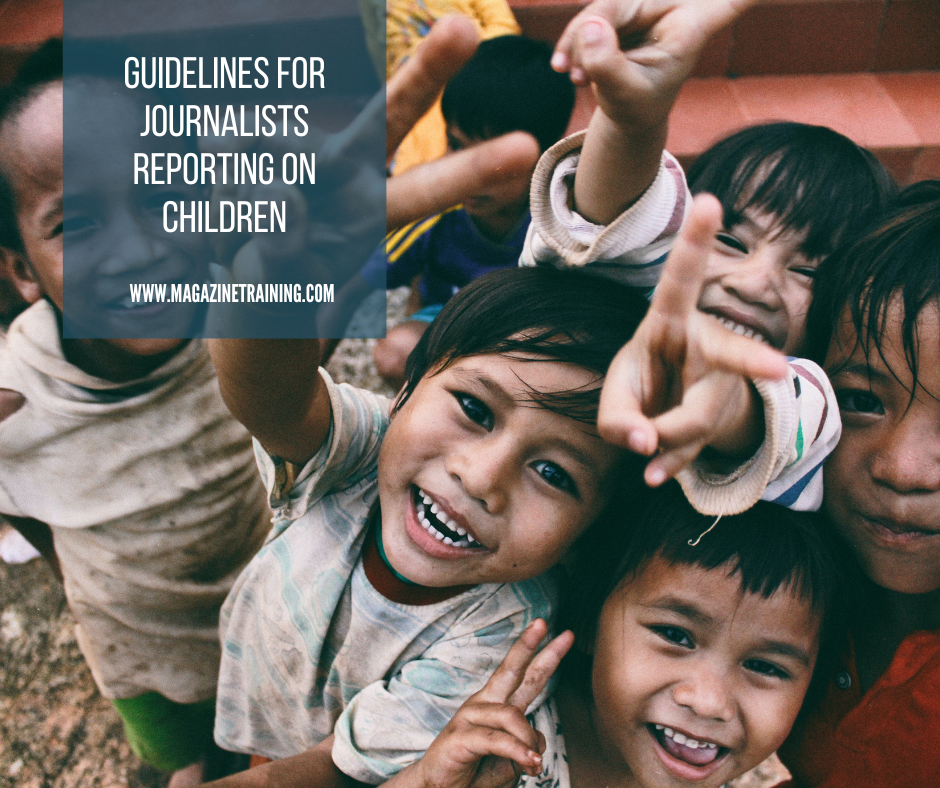
UNICEF has developed principles and guidelines to help journalists report on children’s issues in a way that enables them to serve the public interest without compromising the rights of children.
Media reporting on children and young people should never put them at risk. UNICEF has developed principles and guidelines to help journalists report on children’s issues in a way that enables them to serve the public interest without compromising the rights of children.
These are six over-arching principles; six guidelines for interviewing children; and seven principles for reporting on children’s issues.
Six principles
- Respect the dignity and rights of every child in every circumstance.
- In interviewing (and reporting on) children, pay special attention to each child’s right to privacy and confidentiality, to have their opinions heard, to participate in decisions affecting them and to be protected from harm and retribution.
- Protect the best interests of each child over any other consideration, including advocacy for children’s issues and the promotion of child rights.
- When trying to determine the best interests of a child, give due weight to the child’s right to have their views taken into account in accordance with their age and maturity.
- Consult those closest to the child’s situation and best able to assess it about the political, social and cultural ramifications of any reportage.
- Do not publish a story or an image that might put the child, their siblings or peers at risk, even when their identities are changed, obscured or not used.
Continue reading for guidelines on interviewing children and reporting on children
Related posts
Magazine Training International’s mission is to encourage, strengthen, and provide training and resources to Christian magazine publishers as they seek to build the church and reach their societies for Christ.

